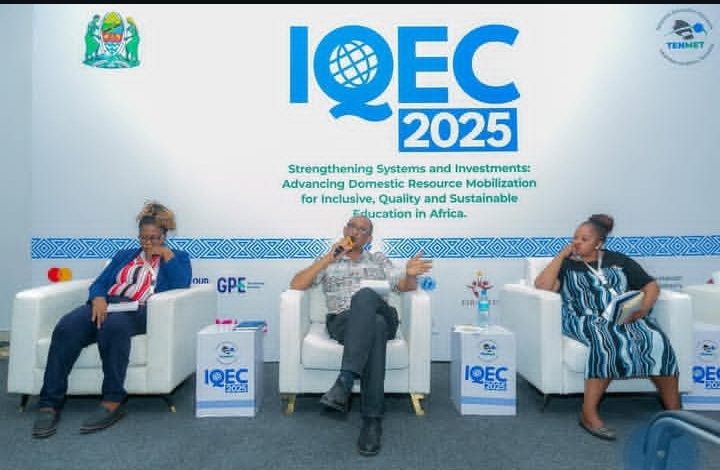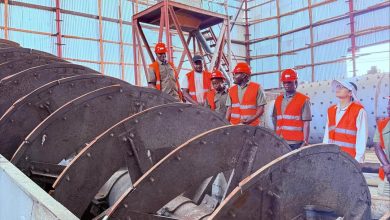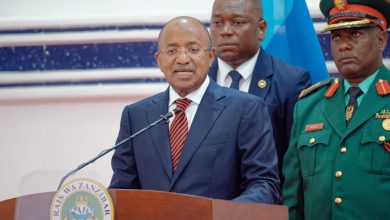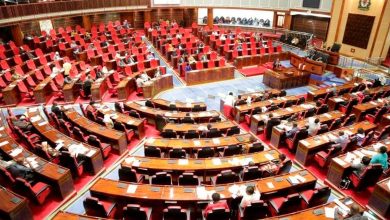Call for Tanzania to develop inclusive, practicable curricula

DAR ES SALAAM: THE Tanzanian Education stakeholders have raised their voices, stressing the importance of massive investment in inclusive education.
This has been revealed at the ongoing 5th International Quality Education Conference (IQEC) being held at Julius Nyerere International Convention Center (JNICC) in Dar es Salaam.
In his media briefing today, the Education Technical Advisor at HakiElimu, Dr Wilberforce Meena, said the time is now for serious investment, including education, in order to create a conducive platform for all children to acquire education.
“Even though efforts are being made to make inclusive education practicable, we have a long way to go before we can completely reach the required stage.
“There is a need to develop curricula that are inclusive in nature for the sake of not leaving anyone behind as far as attaining this important task is concerned,” he says.
He further pointed out that the use of sign language in schools remains another setback since not all schools in the country have the capacity to accommodate sign language experts or teachers.
Additionally, he reiterates that schools should not be pressured a lot with the concept of inclusive education, but also, communities where the children come from have a big role to play to facilitate its implementation.
“From our communities, even children with special needs have to be included in several activities so that this culture of socialization can be planted in them wherever they go.
“They should not be segregated…but rather cooperated fully since they are capable of doing different things that can bring positive outcomes,” he says.
On her part, Education Manager at the Organization for Community Development (OCODE), Ms Digna Mushi, also emphasized the importance of inclusive education.
“For us, we conducted research and found out that there are a few Educational Support Resources Assessment Centers (ESRACs) in the country, which also act as a challenge for implementing inclusive education.
“These ESRACs are there to assess students, especially those with special needs, so that when they join school, they should be properly supported in accordance with their challenges.
“With the guidelines we have, each council in the country is supposed to have ESRACs to simplify screening of students, but on the ground, only a few councils have them,” she says.
Ms Mushi used the platform to request that the government fast-track the construction of ESRACs so that they can be accessible at all councils across the country.
The 2025 IQEC has been organized by the Tanzania Education Network (Ten/Met), which has brought together education stakeholders from within and outside the country who are deliberating on how to scale up education standards on the continent.





